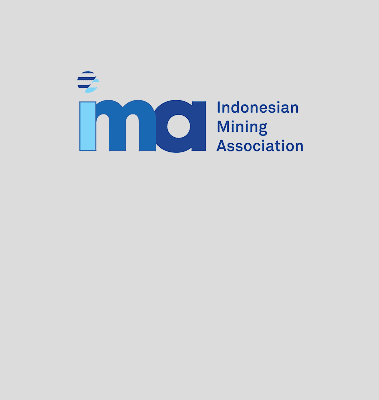Mali has revoked more than 90 mining exploration permits, including those held by subsidiaries of international mining companies, according to an official decree seen by Reuters.
Companies affected include local subsidiaries of Harmony Gold, IAMGOLD, Cora Gold, Birimian Gold and Resolute Mining.
The decree does not give reasons for the revocations but states that all rights conferred by the permits are “released”, and the areas covered by them are now open for reallocation.
The Ministry of Mines did not immediately respond to a request for comment.
Permit purges, tougher rules
Guinea and several other African countries have recently reformed their mining sectors, cancelling dormant or non-compliant permits. Some have also introduced tougher regulations to boost earnings from natural resources, part of a broader push to tighten oversight and reclaim control over strategic assets.
Mali’s decree, signed by Mines Minister Amadou Keita on October 13 and reviewed by Reuters on October 29, cancels permits issued between 2015 and 2022 for the exploration of gold, iron ore, bauxite, uranium, rare earths and other minerals.
The decree lists the affected permits by number and location but does not specify the total area covered or the estimated value of the exploration activities.
It also does not clarify whether affected companies will be allowed to reapply or appeal.
Cora Gold told Reuters that it relinquished the affected permits over two years ago and had not received formal notice. It added that the delayed cancellation had no impact on its operations and did not warrant a response.
Harmony Gold, IAMGOLD, Birimian Gold and Resolute did not immediately respond to requests for comment.
Mali is one of Africa’s top gold producers, with mining a major source of revenue and exports, though recent regulatory crackdowns and insecurity have disrupted foreign investment.
Industrial gold output is projected to fall short of its 2025 target due to disruptions at Barrick’s Loulo-Gounkoto mine, the country’s largest gold asset.
The military-led government has recently moved to deepen ties with Russia through energy and mining agreements, including a deal to supply 160,000 to 200,000 metric tons of petroleum and agricultural products amid an Islamist militants-imposed fuel blockade that has crippled transport and forced nationwide school closures.
The agreement follows earlier Russian-backed initiatives in Mali’s mining sector, such as joint ventures in gold, uranium and lithium, and the construction of a state-controlled gold refinery in Bamako.
(Reporting by Mali newsroom; Writing by Maxwell Akalaare Adombila; Editing by Mark Potter)


